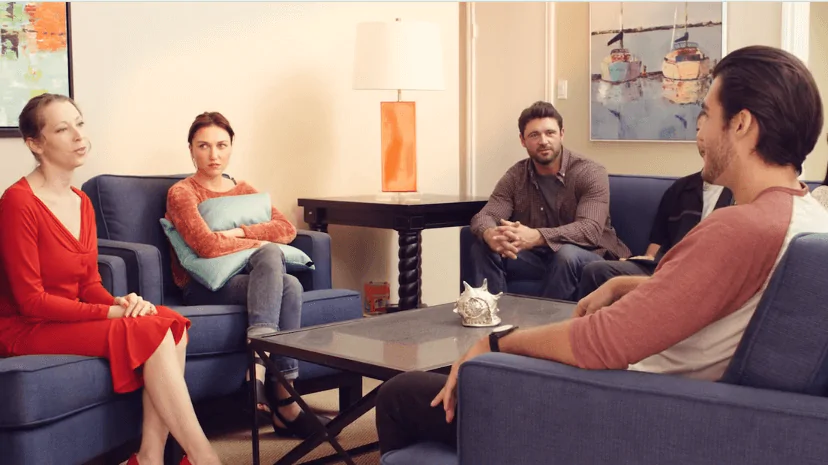24/7 Helpline:
(866) 899-221924/7 Helpline:
(866) 899-2219
Learn more about Residential Rehab centers in West Hollywood
Residential Rehab in Other Cities

Other Insurance Options

Multiplan

CareFirst

Anthem

Excellus

Providence

State Farm

Health Net

Group Health Incorporated

Kaiser Permanente

AllWell

Covered California

Evernorth

BHS | Behavioral Health Systems

Premera

BlueCross

Ceridian

Sliding scale payment assistance

UnitedHealth Group

Health Choice

Optum

Insight Choices
Insight Choices, in West Hollywood, California, provides outpatient mental and behavioral health car...

CAST Centers
CAST Centers offers PHP and IOP treatment for those struggling with substance abuse and mental healt...







































Twin Town Treatment Centers
Twin Town Treatment Centers - Santa Monica Boulevard offers outpatient treatment for individuals wit...

WHRC – West Hollywood Recovery Center
WHRC – West Hollywood Recovery Center is a non-profit rehab located in West Hollywood, California. W...

Breathe Life Healing Centers
Breathe is dedicated to outstanding trauma-informed clinical care to each client and their family. B...

The Bill Coffey House Sober Living
The Bill Coffey House Sober Living is a private rehab located in West Hollywood, California. The Bil...



